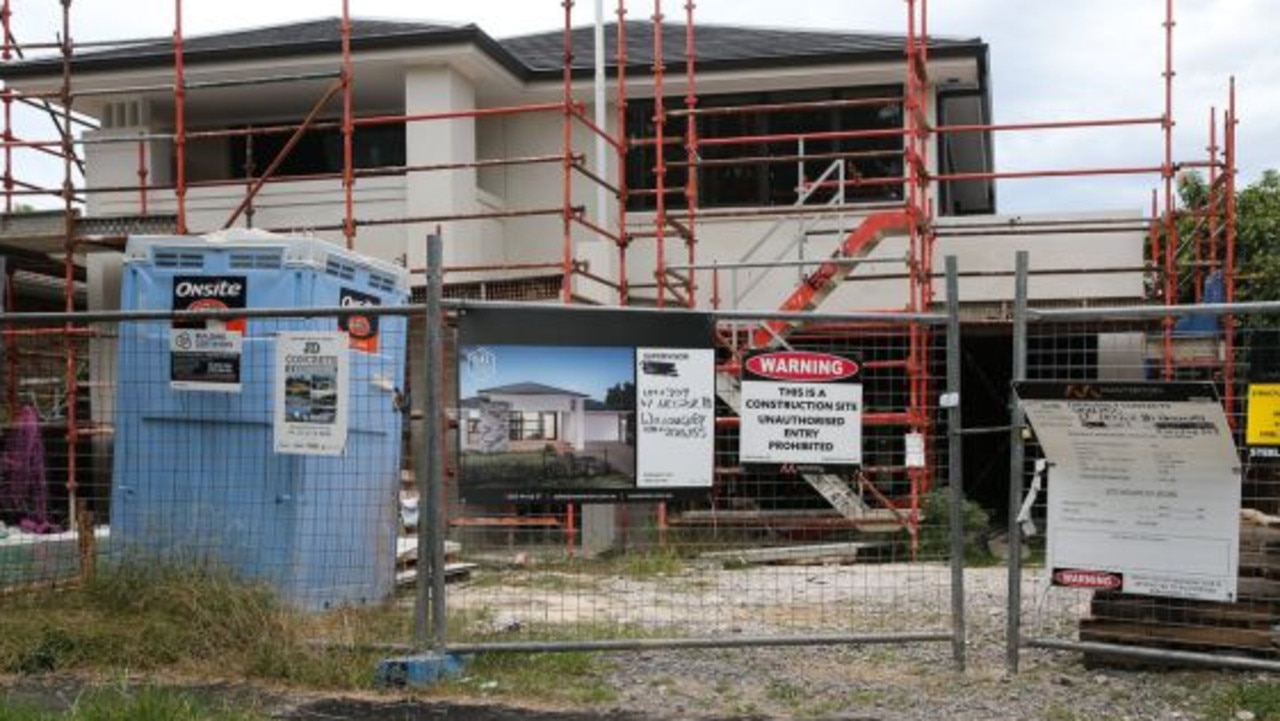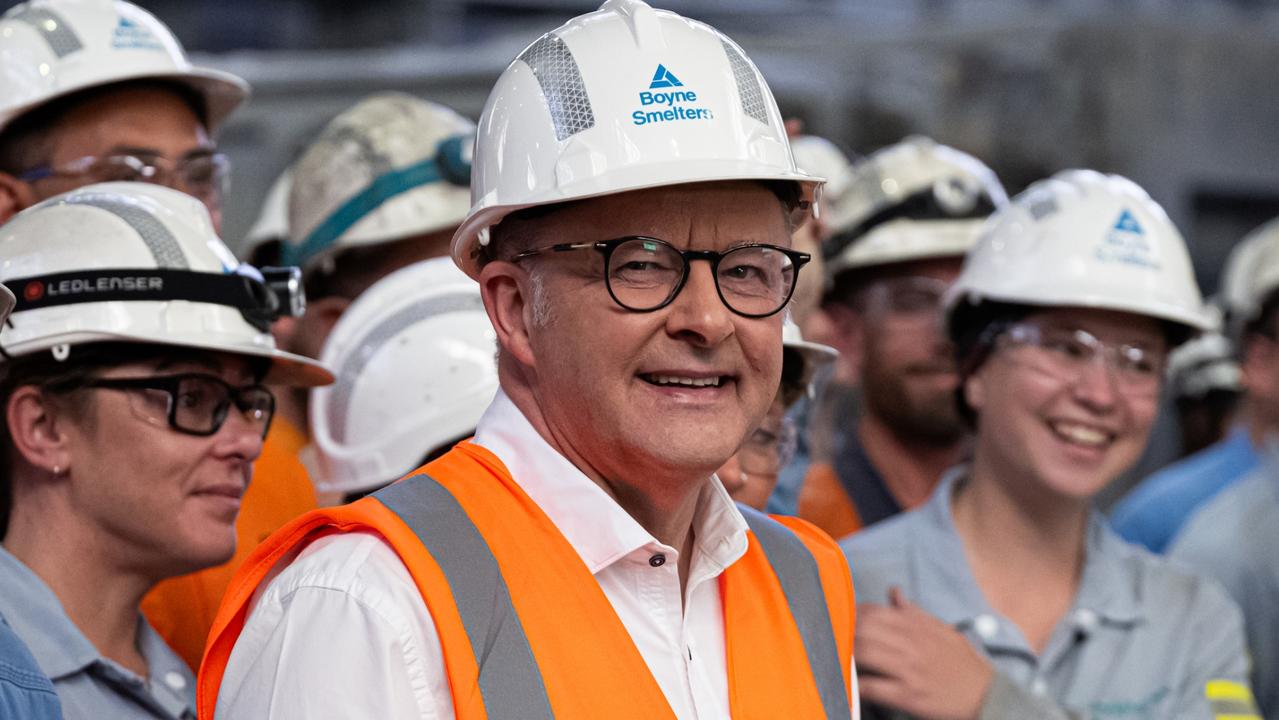Energy prices: Prime Minister wants answers for electricity bill hikes
EXCLUSIVE: New modelling shows average families are slugged at least $278 more for power in the past year after being sneakily transferred to a more expensive deal.
NSW
Don't miss out on the headlines from NSW. Followed categories will be added to My News.
- Surging prices put 60,000 homes in danger of disconnection
- Power prices have doubled in the past decade
- Where electricity bill has led to workers getting boot
HALF of all Australian households are being ripped off up to $587 a year on their power bills by sneaky companies who roll their customers onto more expensive deals after luring them in with discounted offers.
New modelling shows the average household which was automatically transferred to a higher contract in 2016 paid at least $278 more for power in the past year after their discounted offer expired.
Lured in by lower prices, consumers often sign up to market retail contracts before being swapped to higher standard-priced contracts after 12 to 24 months when the deal runs out.
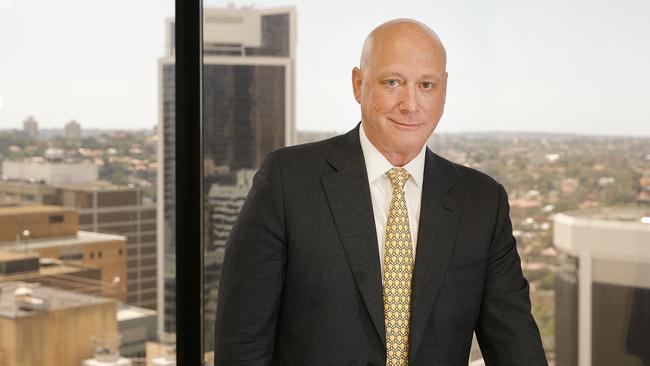
The heads of seven large energy retailers, including Energy Australia, Origin Energy and AGL will be forced to explain the hefty price spike when they meet with prime minister Malcolm Turnbull in Canberra on Wednesday.
In a letter to electricity retailer bosses, Mr Turnbull said the average family could save up to $830 a year by switching from the “worst standing offer, to the best market offer”.
But a breakdown of the figures reveals that the 47 per cent of households and 54 per cent of small businesses who haven’t switched plans in the past five years, paid hundreds of dollars more for power in 2016.
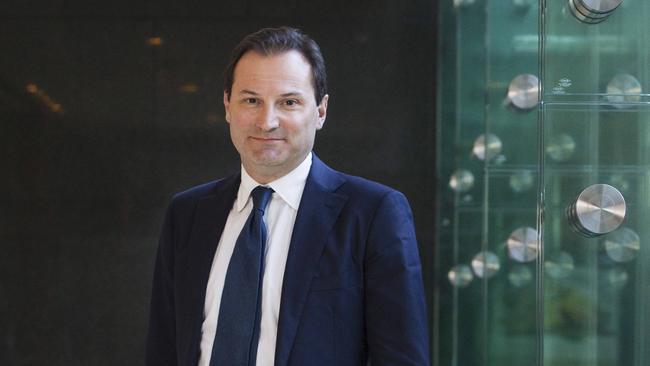
Using the latest state-by-state power price data from the St Vincent de Paul Society, the average annual cost of moving to a standing offer in 2016 after a one-year market retail contract could be as high as $587 in NSW and $482 in South Australia.
Queensland customers faced price hikes of $286 and Victorian households shifted on to higher contracts were $278 worse off.
The energy debate is expected to dominate the spring sitting of Parliament with Energy and Environment Minister Josh Frydenberg trying to garner support for all the recommendations in the review into the Future Security of the National Electricity Market, chaired by Australia’s Chief Scientist, Dr Alan Finkel.
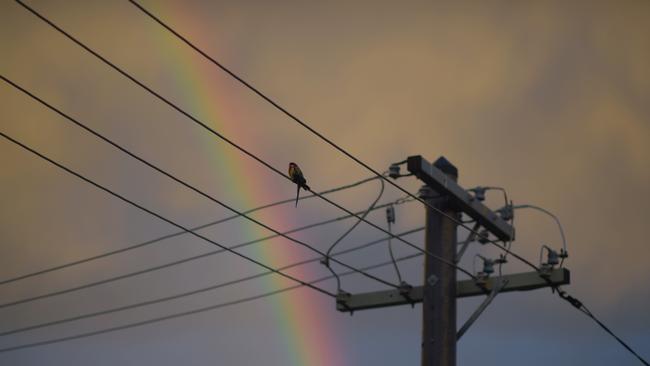
The Coalition party room has voted to implement 49 of Dr Finkel’s 50 recommendations including plans for more battery storage for renewables, the so-called Snowy 2.0 and a requirement that coal-fired power stations provide three years notice before closing.
But Coalition MPs are still split on one of the report’s most controversial recommendations, a clean energy target.
In the letter Mr Turnbull said he was particularly concerned that consumers were being pushed to higher-priced contracts, arguing that power companies were not supplying enough information to households.
“Australia is blessed with abundant energy so it is simply not good enough that some families and business cannot always afford to turn on their lights, heating and equipment,” Mr Turnbull said
“The situation must be addressed urgently and directly.”

